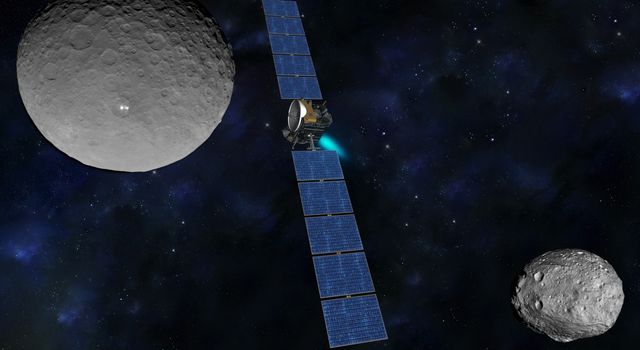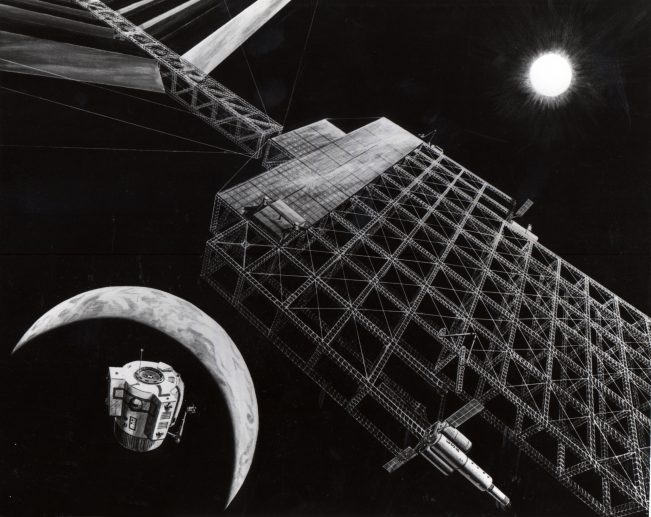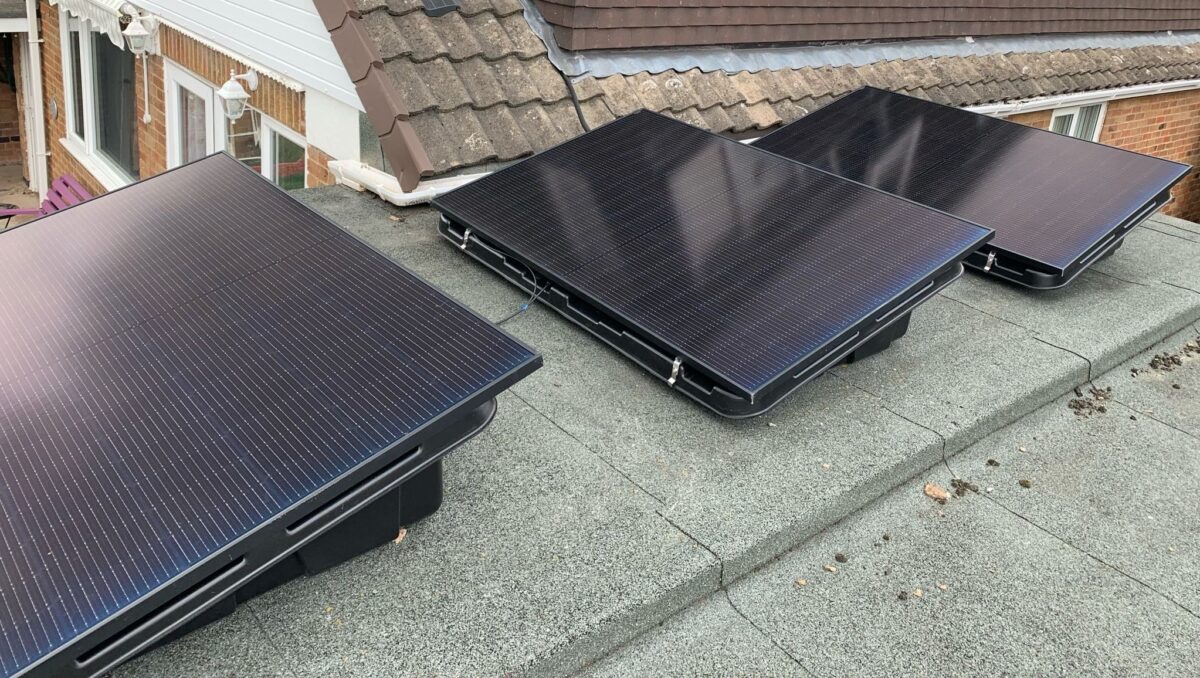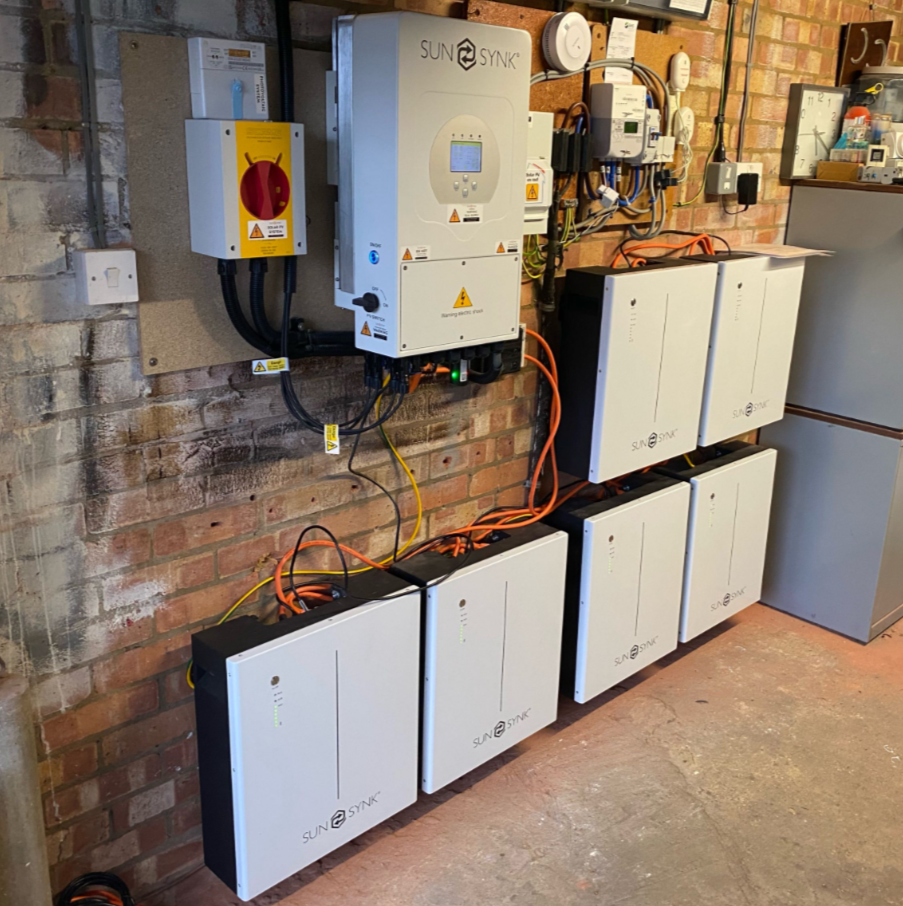I won’t add to the trepid fear that may be dooming upon you all, but I will briefly mention that thing that you may have forgot – global warming. Deny it or not, all research and evidence points towards the fact that climate change is the single greatest threat to us. So, could the solution to the energy crisis lie with putting solar panels in space?
Okay, this might seem a little crazy but the idea has actually been floating around for decades, most notably gaining popularity during the 1970’s oil crisis. Obviously, it was forgotten when oil prices went back down but since then the world has changed. No longer can we put money first, we have become a lot more desperate to solve the world’s climate issue. On a positive note, we have also become so much more technologically advanced that it is actually possible – and not just something you’d see in a sci-fi film. Believe it or not, there is actually a good possibility that solar in space could become a reality in the next few decades.

So, why should we put solar panels in space? Well, the sun is quite possibly the best energy source we have. However, solar farms take up land and also the sun isn’t always shining directly onto panels. It would take a lot of solar panels and batteries to power the entire world – researchers claim that solar panels would approximately have to fill an area the size of Nevada in order to fuel the world. Now, this may not seem like a lot in the grand scheme of things but where is this space coming from on such a heavily populated world? And this doesn’t take into consideration weather change or the sun actually being present. Of course, batteries do seem to be making great leaps for solar technology, take the SonnenBatterie which allows you to store energy you make when you’re not using it, to power your home when you need it. But obviously this is for individual homeowners – space solar is aiming to power the entire world.
What are the benefits? In space there is no weather to consider, so the cloudy sky argument is straight out of the window. The panels would also experience nearly constant sunlight whilst in space, and this light would be about 27 percent brighter. The Earth would receive the energy from the solar panels through microwaves, don’t worry these will not exceed safe power densities. This means that these space solar panels open up a vast array of possibilities for developing countries or places that have been struck with a disaster, where non-renewable energy just wouldn’t be able to reach them.
Of course, this would cost a lot of money and it is the cost factor that may be holding back the idea from progressing. Without the cost of the solar panels, and spending them into space, comes down then it just will not compete with fossil fuels on price. Unfortunately, money plays a big part in deciding whether or not a proposed plan will get the go-ahead. And so, a possible money-saving solution could pave the way for this innovative technology. What if we just send one solar panel into orbit and this one is programmed to make copies of itself – and all of those copies would make copies of themselves and so on and so forth? In maybe just a few years the amount of solar panels needed to power the world would exist. Just one problem; self-replicating robots don’t exist yet.

As you can imagine, creating robots or solar panels that can make a perfect copy of themselves will be a bit of a challenge, but scientists have made such progress that it definitely seems possible. Other technology, including wireless power which would get the energy down to the ground, has already been successfully created. All in all, the future for space solar and therefore the environment does look promising.
People are interested in saving the planet, thus an interest in renewable energy, whether it is in space or not, is at its absolute peak. Investing money will be necessary to make this plan work, but if people will donate money towards creating a shower speaker, a cereal café or even putting an actual Tardis in orbit, we’re pretty sure money will be gathered to create a more sustainable future.














